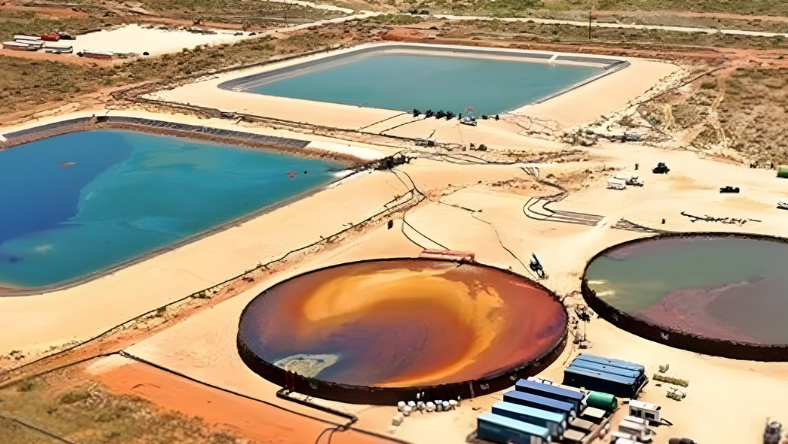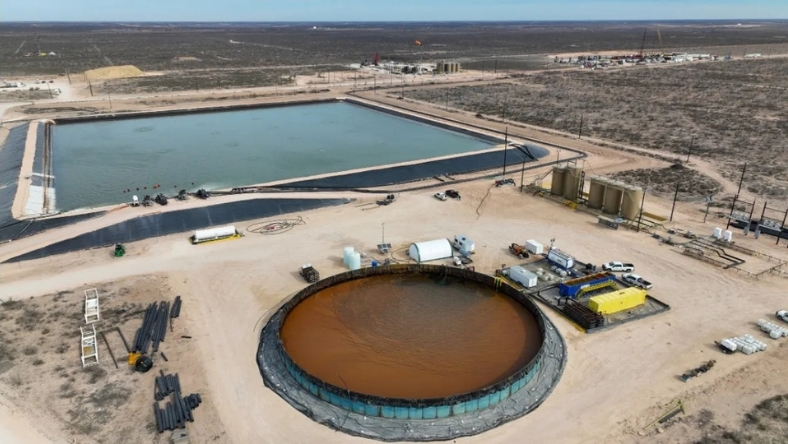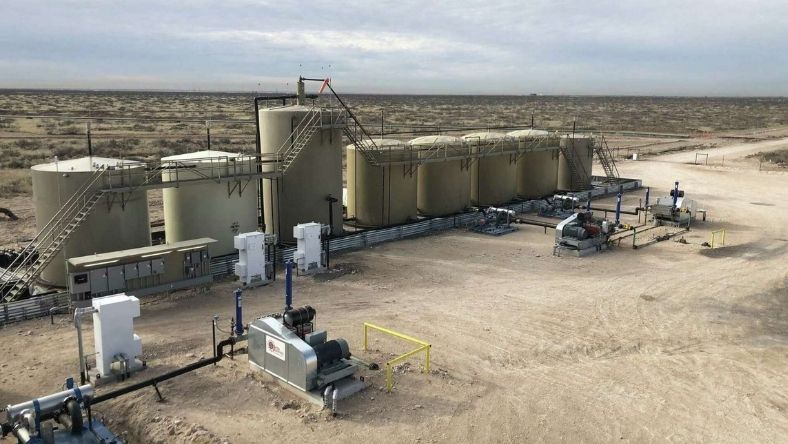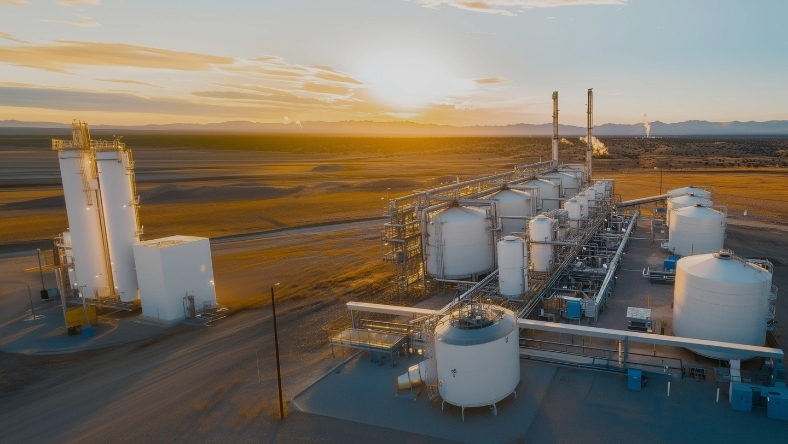RESEARCH
Less Waste, More Gain: Shale Recycling on the Rise
Study finds Pennsylvania's shale operators might recycle more water with minimal effect on gas output
10 Sep 2025

A new modelling study of shale gas operations in Pennsylvania indicates that stricter limits on water disposal could push operators toward greater recycling with only modest effects on output and revenues.
Researchers examined data from more than 11,000 wells drilled in the state's southwest between 2015 and 2022. They simulated scenarios in which companies were prohibited from using evaporation ponds or underground injection wells, two main routes for disposing of wastewater.
Under those conditions, cumulative gas production fell by up to 3.2 per cent and net revenues by as much as 5.6 per cent. Meanwhile, produced-water recycling rose by 6.4 per cent, and freshwater withdrawals declined slightly, by about 0.3 per cent.
The findings suggest that tighter disposal rules could promote more sustainable practices without significantly constraining output. However, the study remains theoretical and applies to a specific region and period. Geological, regulatory, and water-supply conditions differ across other shale basins, making broader conclusions uncertain.
For companies, the results underline a trade-off. Expanded recycling could strengthen resilience under stricter oversight but requires investment in storage and treatment facilities. The chemical complexity of produced water, including its high salt content and scaling risks, also limits how far reuse can extend economically. Even moderate revenue declines could pressure smaller operators.
Several Pennsylvania producers already participate in shared networks to manage and recycle wastewater, potentially positioning them to adapt faster if regulations tighten. But not all firms may respond uniformly given varying cost structures and operational flexibility.
Industry specialists view the study as a signal rather than a forecast. It suggests recycling can grow without halting production, though real-world adoption will depend on market conditions and technology costs.
As regulators across North America weigh stricter controls on wastewater disposal, the Pennsylvania model offers a case study in balancing environmental management with economic performance and in how incremental policy shifts could promote more efficient water use.
Latest News
23 Feb 2026
Permian Lithium Project Tests New US Model19 Feb 2026
Can Zero-Solids Tech Redraw Permian Profits?16 Feb 2026
Permian's Lithium Play Turns Wastewater Into Gold10 Feb 2026
Can Nuclear Power Solve the Shale's Water Problem?
Related News

INVESTMENT
23 Feb 2026
Permian Lithium Project Tests New US Model

MARKET TRENDS
19 Feb 2026
Can Zero-Solids Tech Redraw Permian Profits?

INSIGHTS
16 Feb 2026
Permian's Lithium Play Turns Wastewater Into Gold
SUBSCRIBE FOR UPDATES
By submitting, you agree to receive email communications from the event organizers, including upcoming promotions and discounted tickets, news, and access to related events.